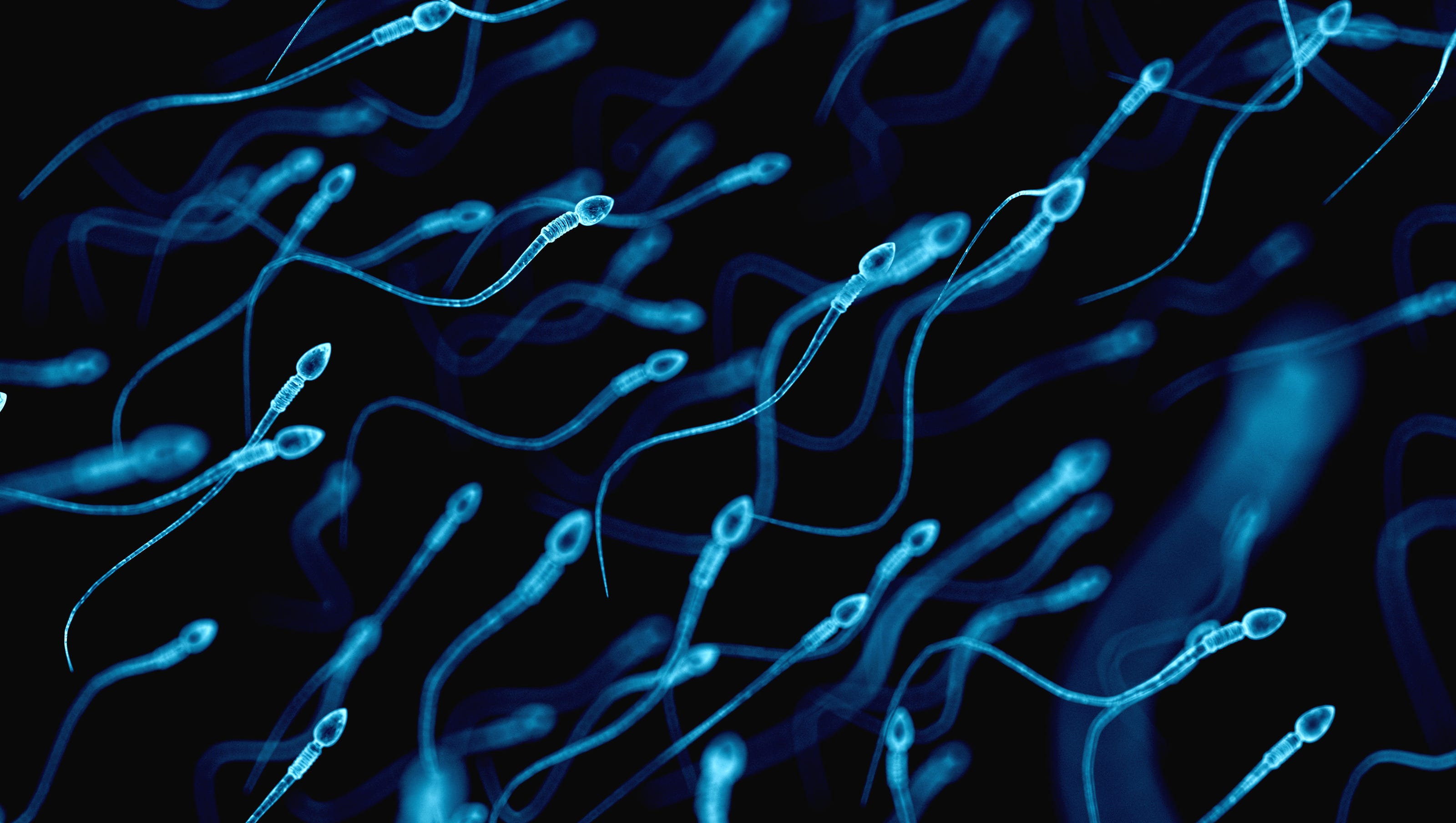
At the current rate, half of men in those countries would have no sperm by 2045, while many others would have very low counts, Swan told USA TODAY Saturday.
"Some of what we’ve been thinking of as fiction, from stories such as The Handmaid’s Tale and Children of Men, is rapidly becoming reality," Swan writes in her new book with science writer Stacey Colino out this week, "Count Down: How Our Modern World Is Threatening Sperm Counts, Altering Male and Female Reproductive Development, and Imperiling the Future of the Human Race.".In the book, Swan argues chemicals pervasive in our world are interfering with the hormones in our bodies and contributing to adverse reproductive health outcomes in men and women.The chemicals enter our bodies through foods and drinks, microscopic airborne particles we inhale, and in the products we absorb through our skin, Swan said.Phthalates may "trick the body" into thinking it has more testosterone than it actually does, causing the body to stop producing testosterone and increasing the chances the man will be infertile or have a lower sperm count, Swan said.
"There’s no question that sperm counts have fallen. The hypothesis that sperm counts have fallen due to exposure to these chemicals has also gained more and more credence.".
Some trade groups, however, question the connection between endocrine-disrupting chemicals and adverse health outcomes, and some scientists have previously criticized studies for a lack of evidence demonstrating a direct causation between the two.And some scientists question whether sperm counts are falling at all.Allan Pacey, a professor of andrology at Britain’s University of Sheffield, said that while he believes pre-natal exposure to endocrine-disrupting chemicals has the potential to affect male fetal development, he remains "unconvinced by the data which suggests that sperm counts have fallen worldwide because of this.".
"There are repeated studies by different investigators in different locations that support that sperm counts are falling," Birnbaum said.Not only are sperm counts in men gradually declining, but boys are also seeing higher rates of genital abnormalities.
"These ubiquitous environmental chemicals have taken a toll on the animal kingdom in many different ways," Swan writes.In her book, Swan lays out an action plan to help individuals to change their daily habits and reduce exposures. Instead of the traditional "three Rs" typically touted to promote reducing exposure to plastics and other environmental chemicals, Swan suggested promoting three new ones: "Remove, replace and regulate" endocrine-disrupting chemicals.Hunt said her research on the effects of endocrine-disrupting chemicals has caused her to think about life "completely differently.".Swan also calls for much larger, societal changes, including greater government regulation of chemicals.Swan said she is launching a campaign tied to the book to educate the general public, along with the medical community, about the dangers of endocrine-disrupting chemicalsSwan said she hopes to reach communities of color, in particular, because many are disproportionately affected by the chemicals
Many endocrine-disrupting chemicals, for example, are made from petroleum-producing byproducts
